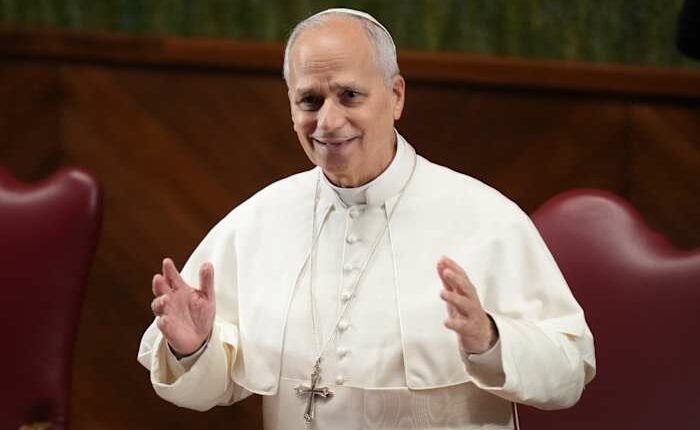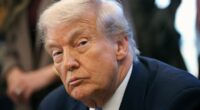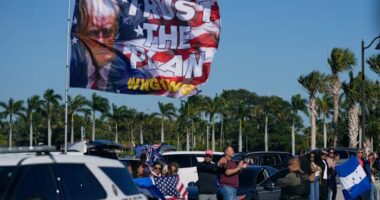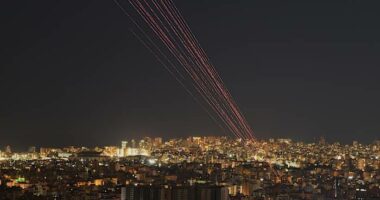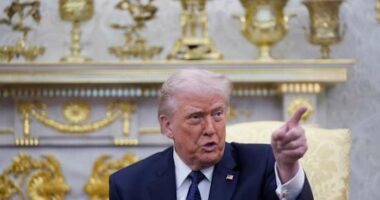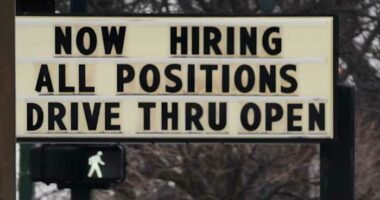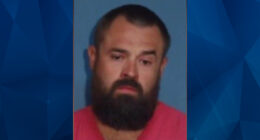Share this @internewscast.com
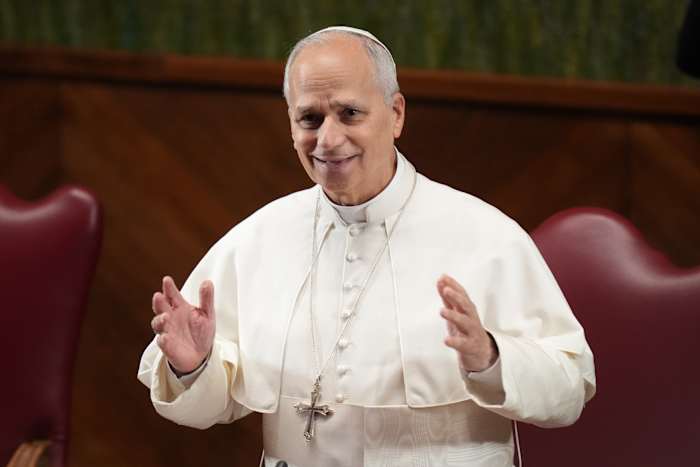
BELEM – During the United Nations climate summit on Monday, Pope Leo XIV made a compelling plea for nations to implement “concrete actions” to combat climate change, which he described as an urgent threat to our planet. Addressing the assembly, he emphasized that humanity is falling short in its efforts to counteract global warming, noting that the natural world is manifesting its distress through floods, droughts, storms, and unyielding heat.
In a video broadcast to a congregation of religious leaders in Belem, Pope Leo acknowledged some progress has been made, yet stressed that it remains insufficient.
“Currently, one in three individuals faces significant vulnerability due to climate shifts,” Pope Leo stated. “For these people, climate change is an immediate concern, and overlooking their plight is tantamount to neglecting our collective humanity.”
His remarks coincided with the second week of discussions, where high-ranking officials from around the globe gathered near the Brazilian Amazon to advance negotiations. The day was largely filled with speeches, including poignant accounts from leaders of Global South countries about the severe consequences of recent natural disasters and extreme weather events.
Countries most at risk have been pushing for more ambitious commitments at the conference, as global leaders are beginning to concede that the Earth is likely to exceed the critical threshold of 1.5 degrees Celsius (2.7 degrees Fahrenheit) of warming above pre-industrial levels. This target was initially established in the landmark Paris Agreement of 2015.
Experts warn that, beyond the perilous heat, a warming atmosphere is linked to an increase in severe weather events, including floods, droughts, intense rainfall, and stronger hurricanes.
Leo said there’s still time to stay within the Paris Agreement, but not much.
“As stewards of God’s creation, we are called to act swiftly, with faith and prophecy, to protect the gift He entrusted to us,” he said. And he added: “But we must be honest: it is not the Agreement that is failing, we are failing in our response. What is failing is the political will of some.”
Leo made history this year by becoming the first American pope, and has embraced Pope Francis’ environmental legacy, including dismissing climate skeptics.
The U.S., the world’s second-largest polluter, is skipping the conference. U.S. President Donald Trump called climate change “the greatest con job ever perpetrated on the world” during a speech to the U.N. General Assembly in September.
U.N. climate chief Simon Stiell said Leo’s words “challenge us to keep choosing hope and action.”
Leo “reminds us that the Paris Agreement is delivering progress and remains our strongest tool — but we must work together for more, and that bolder climate action is an investment in stronger and fairer economies, and more stable world,” Stiell said.
David Gibson, director of the Center on Religion and Culture at Fordham University in New York, said Leo is becoming the world’s most prominent moral leader against climate change.
“This message does stake Leo out as a voice for the rest of the world, especially the Southern Hemisphere where climate change is wreaking havoc with the vulnerable in Asia, Africa and Latin America,” said Gibson.
And he said it shows that Leo, who spent decades working as a missionary in Peru and is a naturalized Peruvian citizen, “has a Latin American heart and voice.”
The Laudato Si’ Movement, a Catholic climate movement that takes its name from a 2015 encyclical in which Pope Francis called for climate action, called Leo’s message “a profound moral intervention.”
“He reminds the world that creation is crying out and that vulnerable communities cannot be pushed aside. “His voice cuts through the noise of negotiations and calls leaders back to what truly matters: our shared humanity and the urgent duty to act with courage, compassion, and justice,” the group’s executive director, Lorna Gold, said.
___
The Associated Press’ climate and environmental coverage receives financial support from multiple private foundations. AP is solely responsible for all content. Find AP’s standards for working with philanthropies, a list of supporters and funded coverage areas at AP.org.
___
This story was produced as part of the 2025 Climate Change Media Partnership, a journalism fellowship organized by Internews’ Earth Journalism Network and the Stanley Center for Peace and Security.
Copyright 2025 The Associated Press. All rights reserved. This material may not be published, broadcast, rewritten or redistributed without permission.
